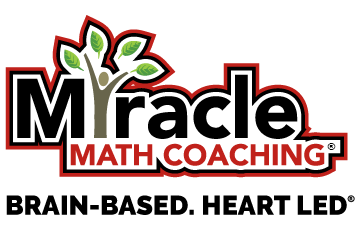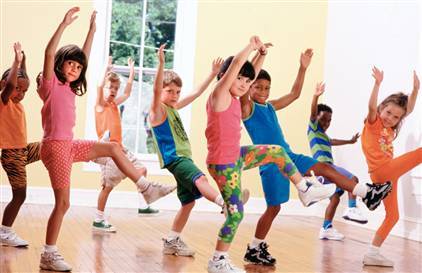Exercising the Body is Good for the Brain
 Students who forgo the remote control or joy stick for a bike or football are more likely to earn better grades and feel less stress, according to several studies.
Students who forgo the remote control or joy stick for a bike or football are more likely to earn better grades and feel less stress, according to several studies.
In a 2007 study published in the Journal of Sport & Exercise Psychology, Prof. Charles Hillman of the University of Illinois put 259 Illinois third graders and fifth graders through standard physical education routines such as push-ups and a timed run, and he measured their body mass. Then he checked their physical results against their math and reading scores on the Illinois Standards Achievement Test.
“There was a relationship to academic performance,” says Hillman. “The more physical tests they passed, the better they scored on the achievement test.” The effects appeared regardless of gender and socioeconomic differences, so it seems that regardless of his or her race or family income, the fitness of a child’s body and mind are tightly linked.
“Memory retention and learning functions are all about brain cells actually changing, growing, and working better together,” says John J. Ratey, clinical associate professor of psychiatry at Harvard Medical School and the author of Spark: The Revolutionary New Science of Exercise and the Brain. “Exercise creates the best environment for that process to occur.”







